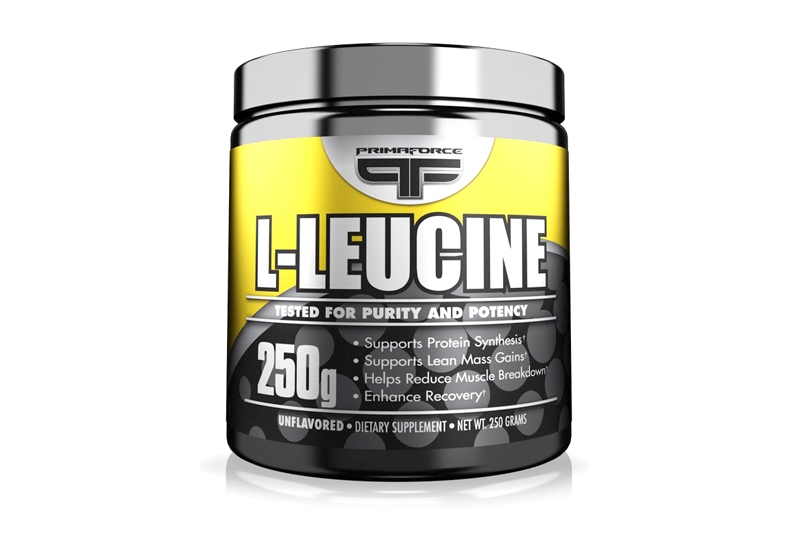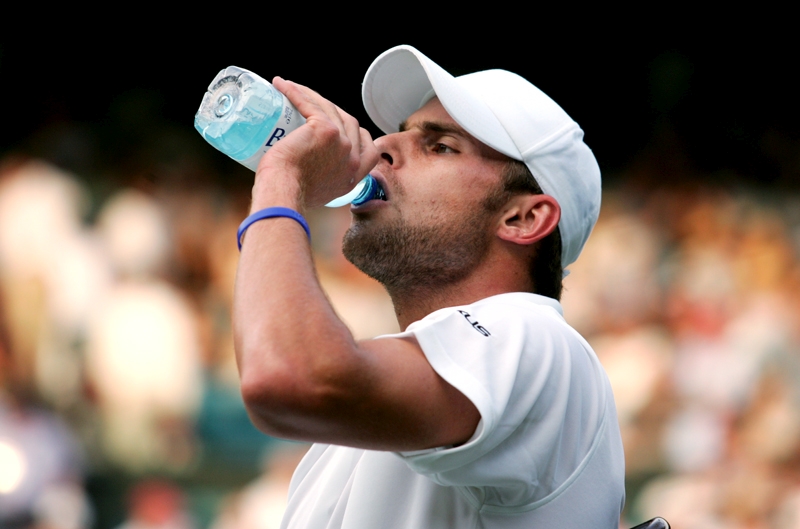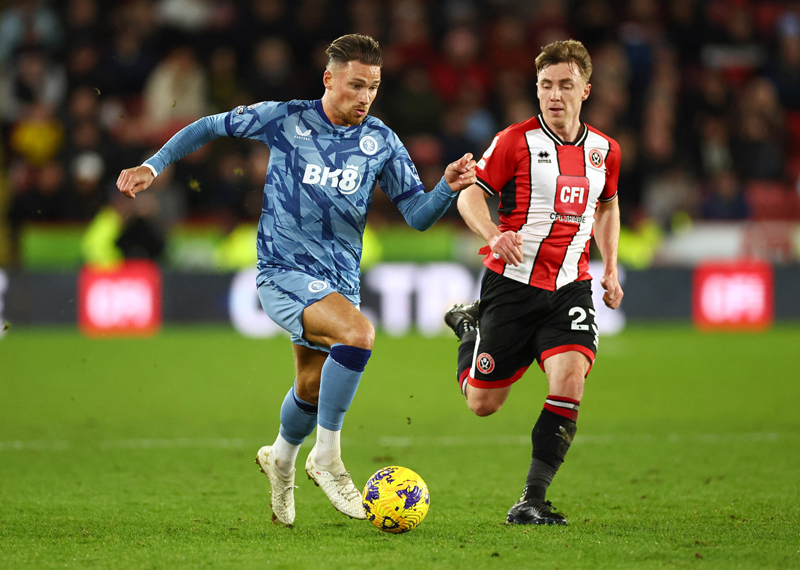You are viewing 1 of your 1 free articles. For unlimited access take a risk-free trial
Recovery nutrition: are you consuming enough leucine?
Andrew Hamilton looks at recent research on protein and recovery, and why the leucine content of protein appears to be particularly important.
It’s long been known that the right combination of carbohydrate and protein in the hours immediately after exercise helps muscles recover faster. Carbohydrate is essential to top up the muscles’ reserves of glycogen (your premium grade fuel during exercise) while protein is needed for muscle growth and repair following the damage that occurs during exercise, especially intense exercise. Speeding up recovery is important because a faster and more complete recovery means you can train or compete again earlier and harder than would otherwise be the case.
Despite our current knowledge, the optimum composition of a recovery drink or meal however is still a subject of hot debate. Over recent years, molecular biologists have established that an amino acid (protein building block) called leucine is particularly important in the recovery process. The reason seems to be that leucine can help increase levels of a signalling molecule known as mTORT, which help activates genes involved in muscle growth and repair. With this in mind, researchers have investigated if relatively small amounts of protein plus added leucine in a recovery drink can still promote high levels of muscle synthesis following hard training.
Cycling and recovery
In a fascinating study, twelve trained cyclists completed 100 minutes of high-intensity cycling, then over the next four hours at hourly intervals, ingested one of three recovery drinks(1):
- *70g protein/15g leucine/180g carbohydrate/30g fat (high protein drink)
- *23g protein/5g leucine/180g carbohydrate/30g fat (low protein drink)
- *0g protein/0g leucine/274g carbohydrate/30g fat (zero protein drink – the control beverage)
These drinks were ‘radio-labelled’, meaning that the protein contained in them could be tracked once inside the body. By collecting muscle samples at 30 minutes and 4 hours into the recovery period, the researchers were able to see exactly how much muscle tissue had been synthesised in the cyclists’ muscles using protein from the consumed drink (muscle tissue synthesis is an excellent indicator of recovery).
Leucine matters
When the data was collected, the results showed that although the low-protein recovery drink contained only a third of the protein of the high-protein drink, it stimulated muscle tissue synthesis almost equally as well; when the cyclists consumed the low-protein drink, they synthesised almost as much muscle mass (87%) as when they consumed triple the amount of protein!
Practical implications for endurance athletes
The results of this study surprised the researchers because in a previous study into recovery, relatively high doses of protein (akin to those used in the high-protein drink in this study) appeared to be needed for optimum recovery(2). However, it seems that if enough leucine is present, much smaller amounts of protein can produce excellent recovery. And that’s good news because not only is consuming excess protein is wasteful both metabolically and financially, it also displaces valuable carbohydrate calories, which are needed to replenish your all-important glycogen stores! The practical implications of this research for athletes seeking speedy recovery are therefore as follows:
- Choose whey protein based recovery drinks. Whey is absorbed rapidly and also provides high levels of leucine – around 10% by weight
- Topping up a recovery drink with some supplemental leucine so that the total leucine intake is around 5 grams may further increase effectiveness (eg 30g of whey would require an extra 2g of supplemental leucine);
- Ensure any recovery drink also provides ample carbohydrate; aim for around a 3:1 ratio of carbohydrate to whey protein;
- Consuming 3 or 4 smaller servings of recovery drink over the following hours is likely to be more effective than taking just one large drink. Recent research suggests that each serving should contain around 20g protein because muscles cannot utilise more than this amount in one go.
References
- Med Sci Sports Exerc. 2015 Mar;47(3):547-55
- Appl Physiol Nutr Metab. 2011 Apr;36(2):242-53
Newsletter Sign Up
Testimonials
Dr. Alexandra Fandetti-Robin, Back & Body Chiropractic
Elspeth Cowell MSCh DpodM SRCh HCPC reg
William Hunter, Nuffield Health
Newsletter Sign Up
Coaches Testimonials
Dr. Alexandra Fandetti-Robin, Back & Body Chiropractic
Elspeth Cowell MSCh DpodM SRCh HCPC reg
William Hunter, Nuffield Health
Keep up with latest sports science research and apply it to maximize performance
Today you have the chance to join a group of athletes, and sports coaches/trainers who all have something special in common...
They use the latest research to improve performance for themselves and their clients - both athletes and sports teams - with help from global specialists in the fields of sports science, sports medicine and sports psychology.
They do this by reading Sports Performance Bulletin, an easy-to-digest but serious-minded journal dedicated to high performance sports. SPB offers a wealth of information and insight into the latest research, in an easily-accessible and understood format, along with a wealth of practical recommendations.
*includes 3 coaching manuals
Get Inspired
All the latest techniques and approaches
Sports Performance Bulletin helps dedicated endurance athletes improve their performance. Sense-checking the latest sports science research, and sourcing evidence and case studies to support findings, Sports Performance Bulletin turns proven insights into easily digestible practical advice. Supporting athletes, coaches and professionals who wish to ensure their guidance and programmes are kept right up to date and based on credible science.











